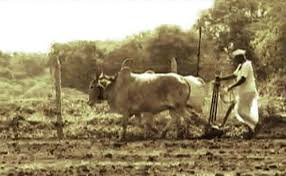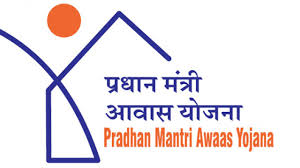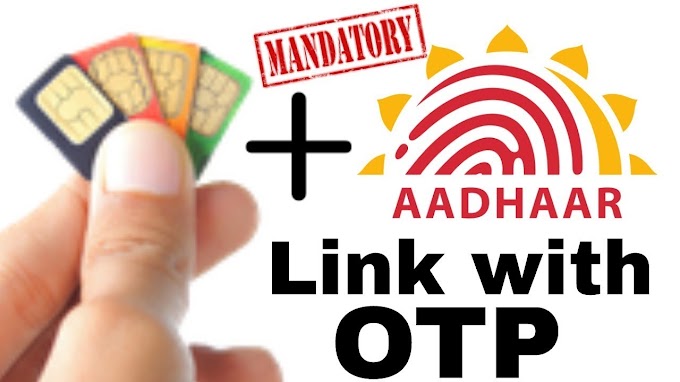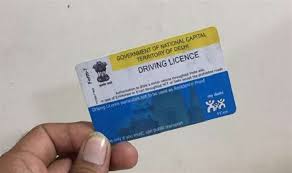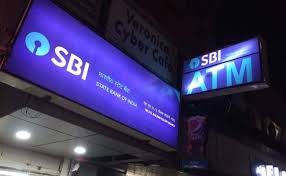IT Minister Prasad added, “I urge big social media companies to have a 'soft-touch oversight mechanism' and have a 'robust redressal of grievances.” According to the policy document, the new rules will come into effect within the next three months.
Here are the key points from the latest guidelines:
Digital intermediaries, including social media companies, must conduct appropriate due diligence. If it is found that due diligence has not been followed by any intermediary, safe harbour provisions will no longer apply to it.
The rules have been framed in order to “empower the users by mandating the intermediaries, including social media intermediaries, to establish a grievance redressal mechanism for receiving resolving complaints from the users or victims.” Intermediaries will also now be required to appoint a Grievance Officer to deal specifically with complaints. The Grievance Officer must issue an acknowledgement of the receipt of a complaint within 24 hours and resolve it within fifteen days.
Digital intermediaries will now be required to “remove or disable access” to content that “exposes the private areas of individuals, show such individuals in full or partial nudity or in sexual act or is in the nature of impersonation including morphed images, etc” within 24 hours from when a complaint is received. Complaints can be filed either by the individual in question or any person on his/her behalf.
The rules also crucially distinguish between social media intermediaries and significant social media intermediaries. In doing so, they aim to “encourage innovations and enable growth of new social media intermediaries without subjecting smaller platforms to significant compliance requirement.”
The distinction drawn here will be based on the number of unique users on a particular platform with the government reserving the right to determine the user base threshold used to distinguish between the categories.
For significant social media intermediaries, additional due diligence needs to be followed:
They will be required to appoint a Chief Compliance Officer (CCO) responsible for ensuring compliance with the Act and Rules. The CCO has to be a resident of India. A Nodal Contact Person responsible for liaising with law enforcement agencies will also need to be appointed. Finally, a Resident Grievance Officer whose job it will be to perform the functions laid out under the Grievance Redressal Mechanism will also need to be appointed.
Significant social media intermediaries will have to publish a monthly compliance report detailing the complaints received and action taken as well as “details of contents removed proactively.”
Significant social media intermediaries providing messaging services will also be required to identify the first originator of information “required only for the purposes of prevention, detection, investigation, prosecution, or punishment of an offence related to sovereignty and integrity of India, the security of the State, friendly relations with foreign states, or public order or of incitement to an offence relating to the above or in relation with rape, sexually explicit material or child sexual abuse material punishable with imprisonment for a term of not less than five years.” However, the intermediary will not be required to disclose the contents of any messages pertaining to the first originator.
Significant social media intermediaries are also mandated to have a physical contact address in India published on their website, mobile app or both.
Such intermediaries will also need to provide a Voluntary User Verification Mechanism through which users who wish to voluntarily verify their accounts may do so. Once an account is verified, a “demonstrable and visible mark of verification” must be provided.
If significant social media intermediaries remove or disable access to any information on their own, they will be required to inform the user who has shared the information prior to doing so. Reason and grounds for the removal of content must also be disclosed to users. Users must also be afforded an “adequate and reasonable” opportunity to dispute the action taken.
Intermediaries, upon receiving actual knowledge “in the form of an order by a court or being notified by the Appropriate Govt or its agencies through authorised officers” must not host or publish any content prohibited under any law “in relation to the interest of the sovereignty and integrity of India, public order, friendly relations with foreign countries, etc”
As far as OTT platforms go, a three-level grievance redressal mechanism has been set up with Level 1 calling for self-regulation by the publishers, Level 2 calling for self-regulation by the self-regulating bodies of the publishers, and Level 3 involving an oversight mechanism.
OTT platforms and digital media must also subscribe to the Code of Ethics established by the government. News media publishers will be also be required to follow the Norms of Journalistic Conduct of the Press Council of India and the Programme Code under the Cable Television Networks Regulation Act.


